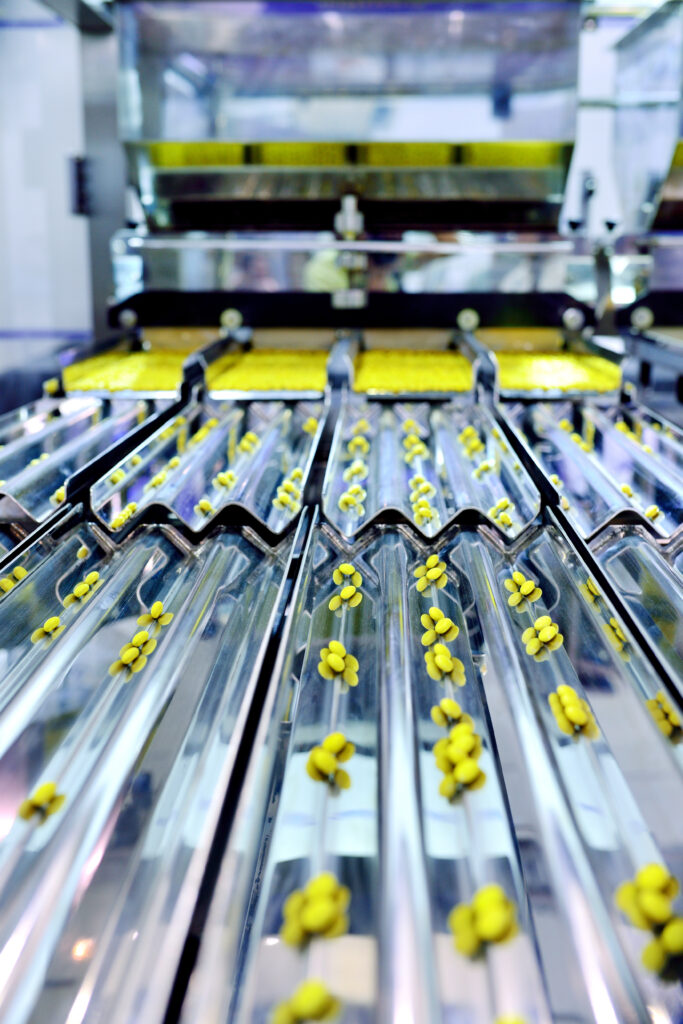Japanese M&A hits 20-year peak as corporates restructure — Dealspeak APAC
Japan’s M&A deal volume in the first half of 2025 has hit the highest level in the past 20 years as a decade-old reform of corporate governance standards finally starts to yield results.
The largest deal was Toyota Fudosan’s USD 33.3bn acquisition of a 69.92% stake in Toyota Industries, a core group entity that is also the top shareholder of Toyota Motor.
With a deal value exceeding USD 16bn, NTT’s tender offer to acquire full ownership of NTT Data stood as the second-largest transaction of 1H25. Like other deals in 1H25, NTT’s emphasis was on simplifying legacy corporate structures that can be seen as cumbersome in the current environment.
Both the Toyota Industries and NTT Data deals together accounted for more than a third of the total deal volumes in the period.
A key driver behind the surge is the country’s evolving corporate governance landscape—part of a broader transformation in corporate culture that began in 2014.
While incremental progress had been made over the years, momentum accelerated following the Tokyo Stock Exchange’s 2023 directive requiring listed companies to disclose their cost of capital and outline strategies for enhancing capital efficiency, particularly targeting firms with a price-to-book ratio below 1. This served as a wake-up call for underperforming corporates.
In response, many companies have begun reassessing their business portfolios, leading to divestitures of non-core operations and the simplification of group structures.
Also, recent guidelines have clarified the conditions under which “non-consensual acquisitions” may be permitted. “This has improved predictability for both strategic and financial investors,” according to Akira Iizuka, a partner at Nishimura & Asahi.
At the same time, uncertainty over US President Donald Trump’s tariffs is creating additional incentives for dealmakers in Japan to rethink supply chains. This is particularly true for manufacturers and wholesalers with a strong dependence on Chinese suppliers. “Companies operating across both the US and China are beginning to restructure operations, including divesting from China-related business lines,” Iizuka said.
As a result of both trends, total deal volumes in Japan tripled year-on-year (YOY) to USD 140bn in 1H25, according to Mergermarket data.
Inbound deals grow
Inbound M&A also showed significant growth, with total deal volume rising 6.7x to USD 5.8bn while the number of deals increased 29% to 49.
The country is a top destination for foreign investors across a range of sectors, one industry expert said.
Japanese equities continue to trade at relatively low price/earnings (P/E) and price-to-book (P/B) ratios compared to global peers, offering attractive valuation entry points for foreign buyers.
In parallel, a greater emphasis on corporate governance can improve return on equity (ROE) ratios, creating a fertile ground for activist investors, strategic buyers and global private equity (PE) funds.
One high-profile case involves Japanese retail giant Seven & i Holdings, which received a takeover proposal from Canada-based Alimentation Couche-Tard (ACT), worth some USD 46bn, last year. If successful, this would have been Japan’s highest-ever inbound deal. However, the offer was withdrawn in July, with ACT citing a lack of constructive engagement from the target.
Domestic M&A accounted for the majority of activity, with deal volume tripling to USD 134bn in 1H25—also the highest on record for any half-year period—despite a 5% decline in deal count to 1,625.
Machinery led the market with USD 43.7bn in deal volume, nearly 10x the amount recorded in 1H24. The surge was largely driven by Toyota’s group restructuring. Among six disclosed transactions in the machinery sector during 1H25, the median EV/EBITDA multiple was 9.92x, up from 8.60x across 15 deals in full-year 2024.
PE activity surges
Buyout deal volume quadrupled to USD 19bn in 1H25 year-on-year, even as the number of deals remained flat at 73. The sharp increase reflects the growing role of PE in Japan’s corporate restructuring landscape, where succession-related deals, carve-outs, and take-privates are becoming more common.
Amid low-growth conditions, Japan’s stable operating environment and abundant mid-sized targets continue to attract both domestic and international PE funds. The largest buyout transaction was Bain Capital’s USD 5.49bn acquisition of assets from Seven & i affiliate York Holdings.
Exit activity also hit a ten-year high, with total deal volume jumping 6.7x YOY to USD 8.98bn in 1H25, despite a 6% decline in the deal count to 34. The largest exit was KKR and Walmart’s USD 2.54bn sale of supermarket chain Seiyu to Trial Holdings.
Take-private transactions continued to gain momentum, with deal volume rising 2.5 times to USD 9bn and the number of deals doubling to 20.
Strong outlook for 2H
Japan’s M&A market is expected to remain robust as corporates continue to rethink capital and corporate structures and supply lines.
“Maximizing capital efficiency has long been a key policy agenda for the Japanese government,” said Atsushi Tatsuguchi, head of M&A Advisory Group at Mitsubishi UFJ Morgan Stanley Securities. “There is strong momentum for reviewing business portfolios without sacred cows and improving capital efficiency, and that trend is likely to continue.”
Names to watch include Altemira Holdings. Its sponsor, Apollo, is in talks with MBK Partners, as well as considering an IPO. Meanwhile, Hogy Medical, a manufacturer of medical non-woven fabric products, is considering a take-private transaction; and PE Blackstone is the frontrunner in the ongoing auction of TechnoPro.
Japanese corporates are likely to remain active throughout 2H25 as executives and their advisors grapple with the implications of new governance standards.













